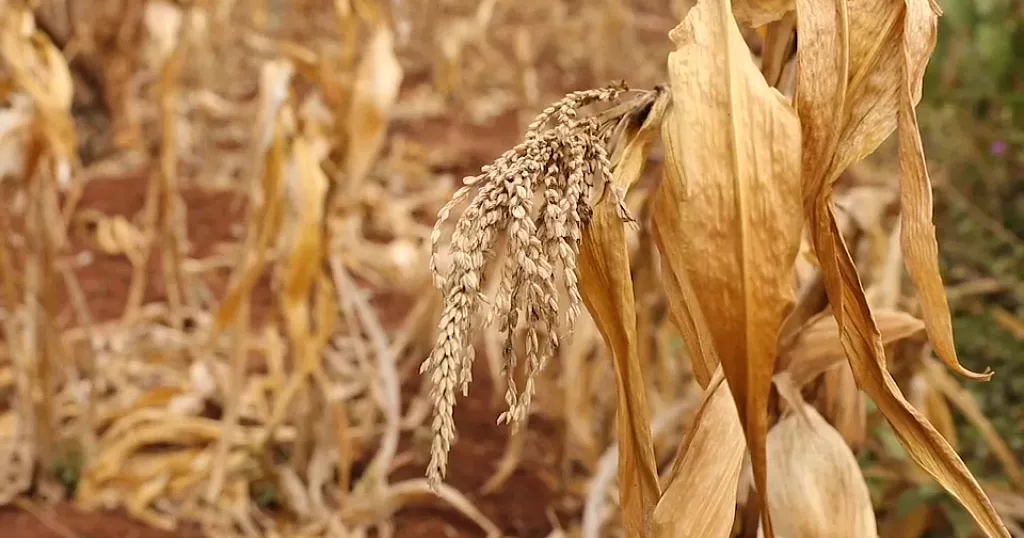Countries in East Africa are currently experiencing a drought, the worst in 40 years, leading to food insecurity, and threatening famine. Arable lands that are more fertile on the outskirts of Nairobi are beginning to dry up after four consecutive failed rainy seasons.
As a result of the lingering drought, Kenya recently said it was lifting the decade-old ban on openly cultivating and importing genetically modified organisms (GMO), amidst pressure from the US government, which had argued that the ban affected US agricultural exports and food aid. The use of genetically modified crops is now seen as a solution to failing harvests.
Roy Mugiira, the chief of Kenya’s National Biosafety Authority (NBA) explains that the NBA has been testing one variety of maize that has been genetically modified (GM) to resist drought.
GM crops like this could result in a harvest “in times of high water stress when there is no rain,” Mugiira believes.
However, food security, consumer rights, and biodiversity groups have condemned the lifting of the ban, saying there should have been public consultations on an issue that is vital to the country’s economy and safety.
Read also: Foundation advocates tree planting in schools to mitigate impact of climate change
In a joint statement, they argued that the decision “essentially curtails the freedom of Kenyans to choose what they want to eat”.
New President William Ruto promised a transparent government when he took office in September but opponents say his decision to openly cultivate and import genetically modified crops will hurt the growing organic export market and will also create unfair conditions for Kenyan farmers, 80% of whom are farming on a small scale.
A farmer, Esther Kagai said by using low-tech irrigation techniques and indigenous seeds, her vegetables are flourishing. She says she has been able to make a healthy profit despite the drought.
Kagai says GM crops are not the solution to the food insecurity crisis, but making sure farmers have access to water is.
She also points out that controversies surround the use of GM crops, from their impact on human health to rising costs for farmers.
Mugiira, however, insists that consumers and farmers have no need to worry about GM seeds.
Tests were undertaken to prove that they are safe and the way forward, especially when facing the climate crisis, he says.
Story was adapted from Africa News.
